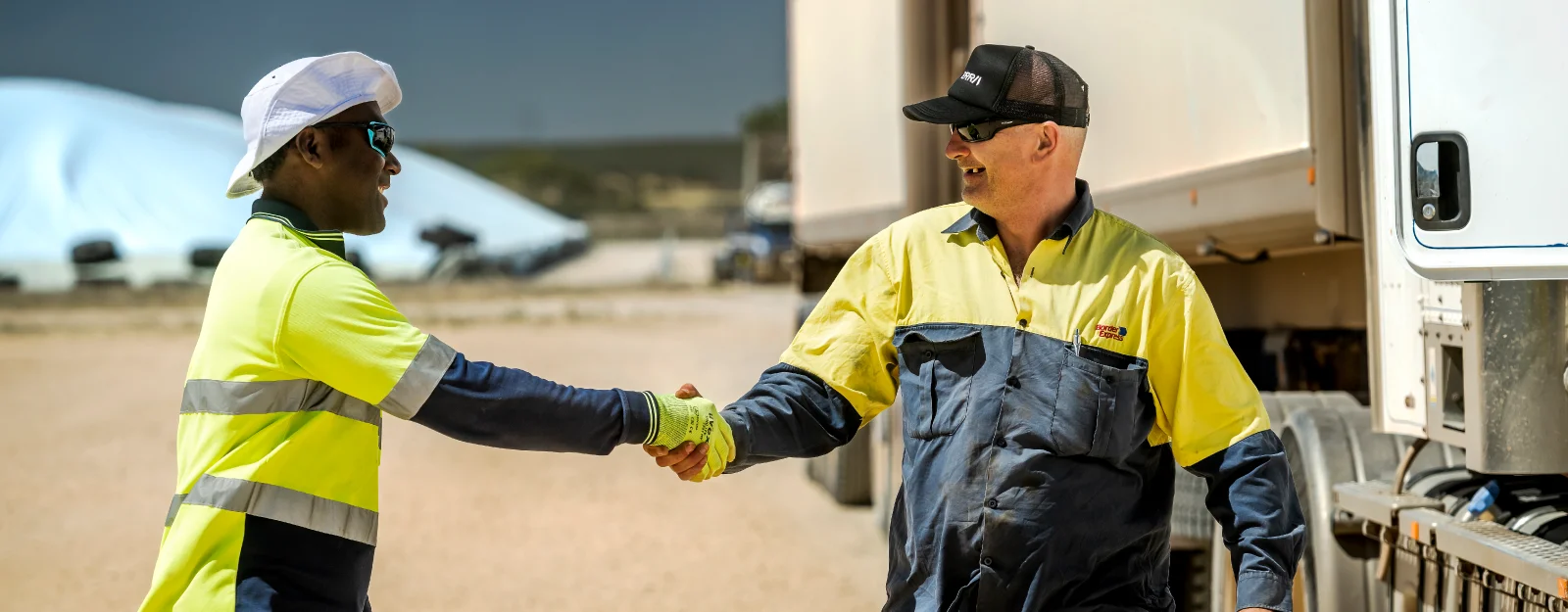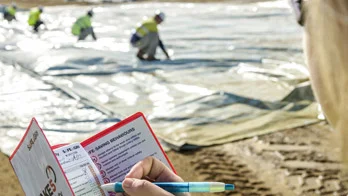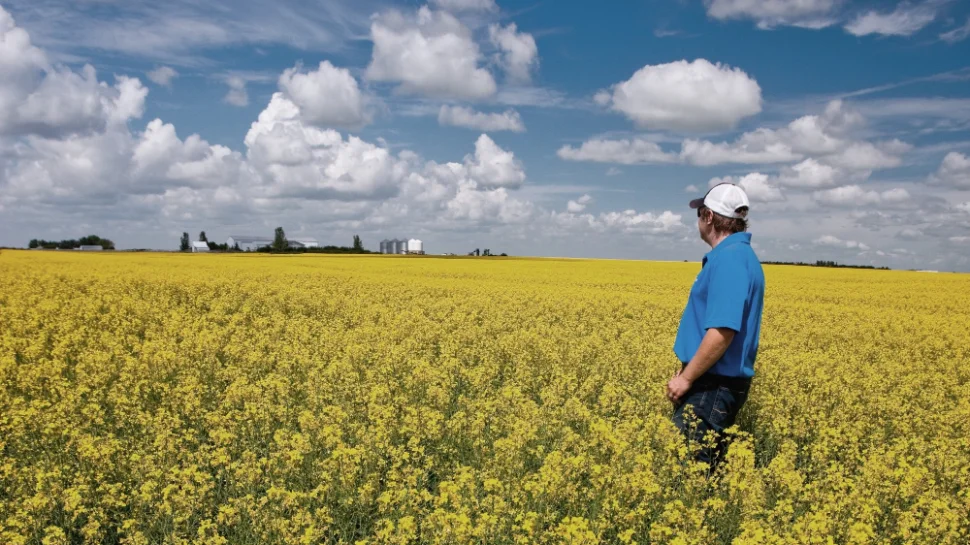We support the sustainable, long-term development of the local communities where we operate, source from and supply, and are committed to upholding the human rights of people across our global network.
Why this matters
We have a responsibility for the health, prosperity and sustainability of the communities where we source and operate and those which we supply. The long-term success of our business relies on our communities thriving. We have a positive impact through providing employment and education opportunities, securing food supply, and offering resources in case of crisis.
In meeting the increasing demand for agricultural commodities, we need to be sure that demand is not met at the expense of the people in the communities where we operate and source our products, or from their land or the wider environment.
Our approach to community
We contribute to the success of the communities, local businesses and economies where we operate by employing people, purchasing commodities, goods and services, paying taxes, and through continued investment in infrastructure. Our role in local communities allows us to empower them through employment, resources, training and education. We are committed to supporting the communities that are integral to our business. They are the source of our employees and we are able to operate only with the support of the many thousands of local businesses that contribute to our success.
We also have a responsibility to support and create opportunities for the producers who contribute to our global network. This is undertaken by our teams in each region, who engage producers in our business and provide education and information, coordinate groups and events, and support initiatives to attract young people into agriculture. The teams also connect producers with end-use customers, to build shared understanding and provide market information and intelligence about what end-use customers are looking for.
Our approach to working with communities, producers and stakeholders is guided by strong policies and an accountable structure of governance. This includes our health, safety, environment and community (HSEC) policy and procedures, code of conduct, supplier code of conduct, human rights policy and Community Fund policy.
We are open and transparent and want to work with communities and stakeholders, including listening to and working with anyone impacted by our operations.
Our approach to human rights
We uphold human rights everywhere we operate through policies and business processes that support the human rights of everyone in our network. These start with our code of conduct, and are supported by our human rights policy, diversity and health, safety, environment and community (HSEC) policies, modern slavery statement and our supplier code of conduct.
As a responsible business, human rights are inherent in our values. We run our business in a way that respects the human rights of our people, providing a safe and healthy workplace, ensuring equal opportunities, upholding their rights to freedom of association and collective bargaining, and paying fair wages that meet or exceed minimum wages as it applies in each country. We take a strong position on labour practices within any Viterra workplace and in any part of the supply chain, with zero tolerance for discrimination, forced labour, child labour, unfair working hours or any form of assault or harassment.
We make sure our business practices meet relevant international standards, laws and regulations, and throughout our operations and supply chain we conduct our business in line with international conventions. These include:
- the International Bill of Human Rights and UN Global Compact, whose principles cover human rights, labour, environment and anti-corruption
- the International Labor Organization (ILO), which promotes decent work for all
- the OECD Guidelines for Multinational Enterprises on Responsible Business Conduct, which provide a framework to enhance the business contribution to sustainable development.
We expect our suppliers and partners to share our commitment to ethical business practices. Alongside our supplier code of conduct, Viterra has a know your counterparty framework implemented to manage the key compliance risks and due diligence screening associated with our business dealings. This framework sets out a risk-based assessment process, whereby we screen our business partners to identify and mitigate our exposure to potential money laundering, terrorism financing, corruption, bribery, sanctions and human rights violations. There is a global screening system in place and local checks can also be carried out.
We have grievance mechanisms in place which can be used by all our stakeholders. These include our Raising Concerns programme which offers a direct way to report concerns anywhere in the world as well as local systems at our operations.



